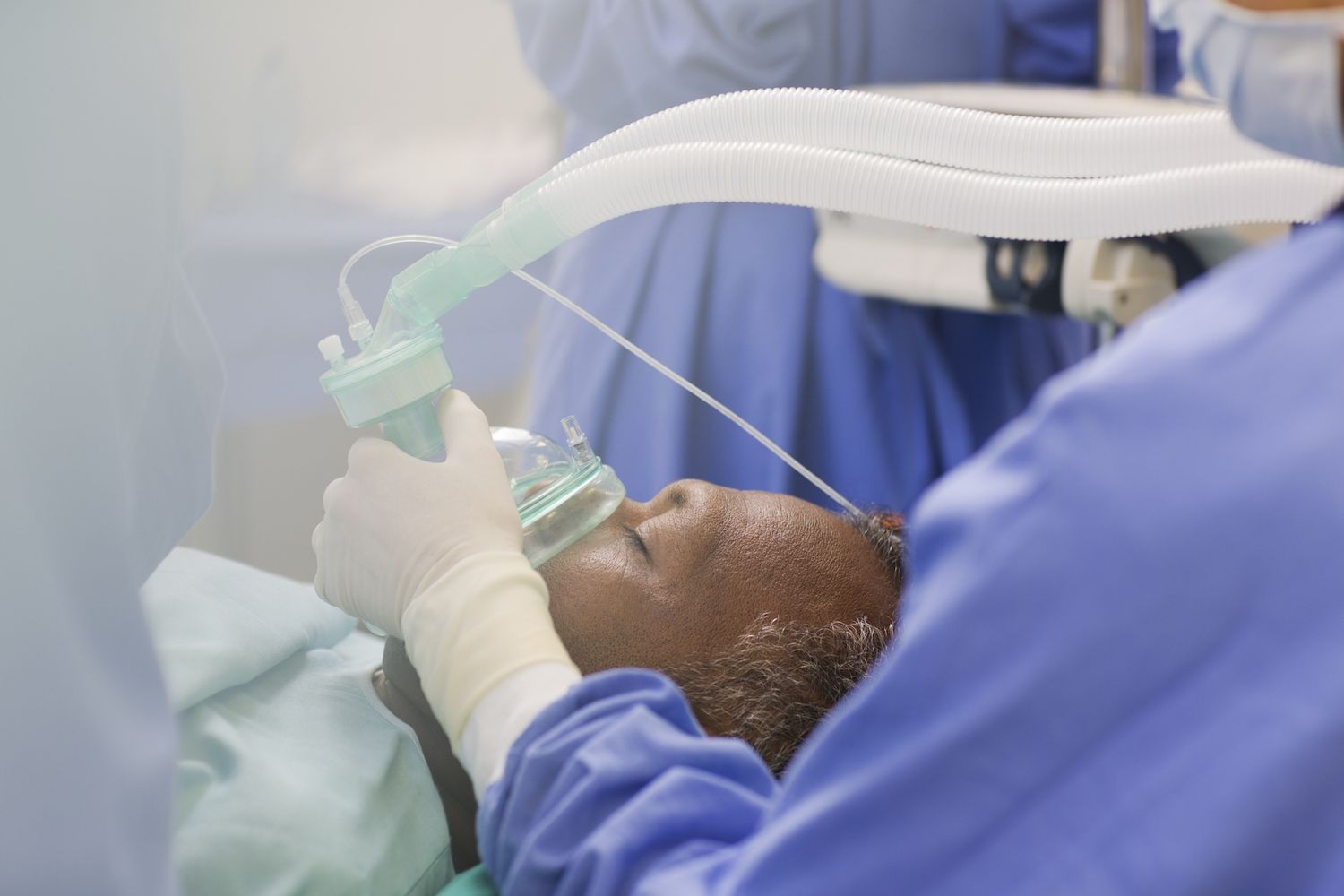
Operations can be harrowing. This is where anesthesia comes in to reduce the pain that accompanies surgeries and similar medical procedures. But did you know that administering the wrong dose or type of anesthesia can lead to significant health problems like nerve damage, high blood pressure, and death in extreme cases? Medical professionals must possess knowledge of different types of anesthesia and which one to administer in other cases.
A set standard should also be followed to minimize patient harm. The patient’s vital signs should be monitored before anesthesia is administered. Let’s look at the health risks and other physical complications that might arise from the medical practitioner’s callousness.
Respiratory Distress
There are countless instances of anesthesia causing breathing distress among patients. In a worst-case scenario, it can stop a person’s breathing in its entirety. Some common symptoms are airway obstructions, shortness of breath for a prolonged stretch & hypoventilation during surgery. Aspiration of stomach contents into the patient’s lungs can cause fatal consequences, leading to oxygen deprivation and, ultimately, brain damage.
Cardiovascular Issues
Some famous cardiovascular problems arising out of anesthesia errors include arrhythmias, high blood pressure, cardiac arrest & hypotension. Usually, these symptoms last a short period after the surgery but can lead to long-term complications in extreme cases.
Allergic Reactions
Some of us might be allergic to the different components of anesthesia medication. The medical professionals must talk to the patient before starting the process and enquire about their medical history. Since each patient is different, the rate of allergic reaction might vary significantly. While some might suffer minor symptoms like discomfort, others can be susceptible. Some common allergy symptoms are mild shortness of breath, cough, rash, swelling around the eyes, lips, or face & hives.
Brain Damage
Anesthesia mistakes can lead to extreme brain damage, which is a direct result of hypoxia and respiratory issues. This happens when the regular oxygen supply to our brain is cut down. Some symptoms of brain damage are difficulty concentrating, spinal cord damage, cognitive deficiencies, memory loss, nerve damage, and more.
Chances Of Heart Attack
There lies a high chance of heart attack when a patient undergoes anesthesia. This happens when our heart doesn’t receive adequate oxygen or when the blood flowing from the heart is blocked for any reason.
Conclusion
Suppose you or any of your loved ones have been harmed by medication errors, such as being prescribed an incorrect dosage or given the wrong type of anesthesia. In that case, you can seek the advice of an Atlanta Medical malpractice attorney. They possess the right experience to pursue financial compensation through a civil lawsuit.



